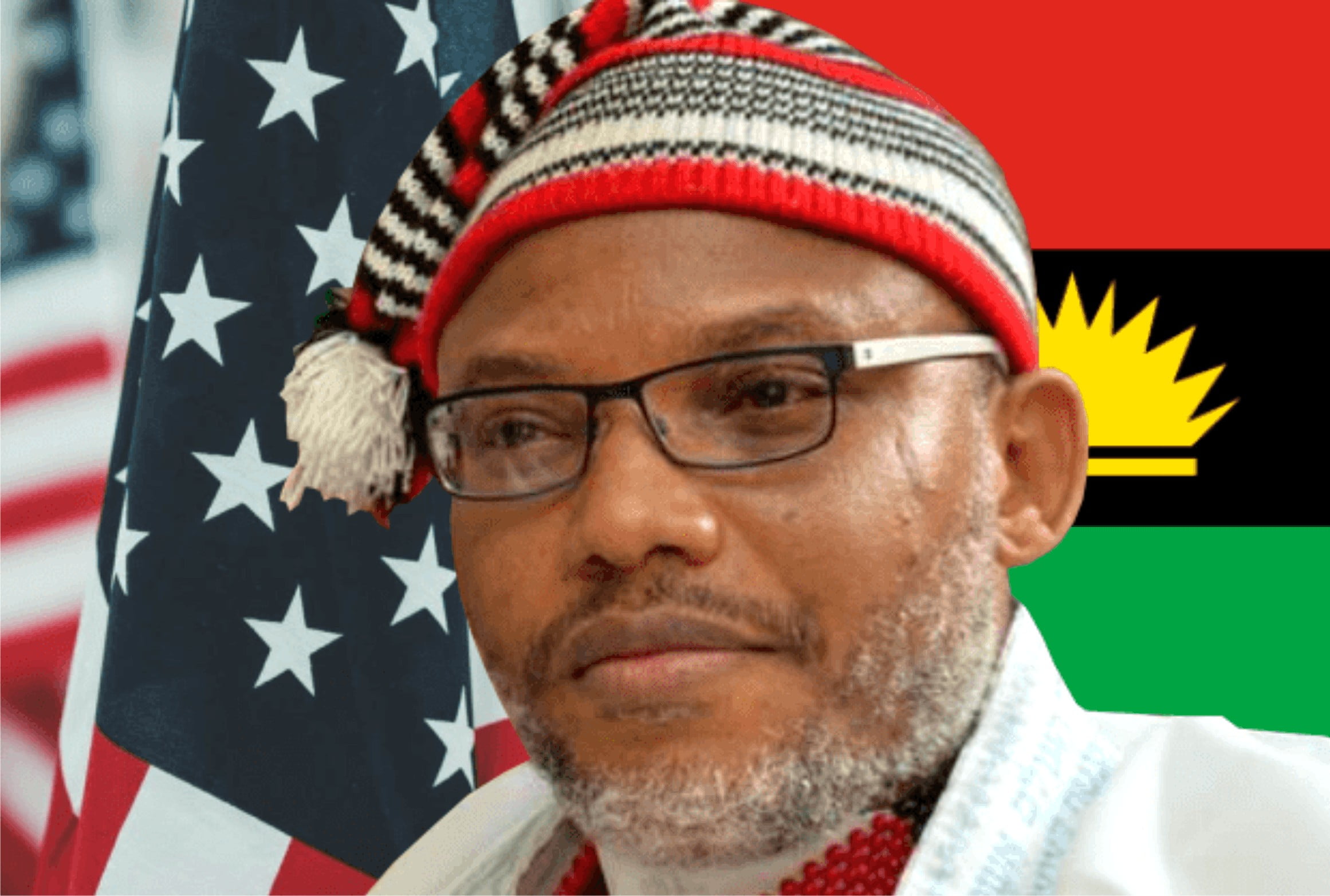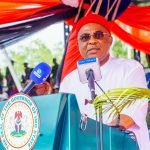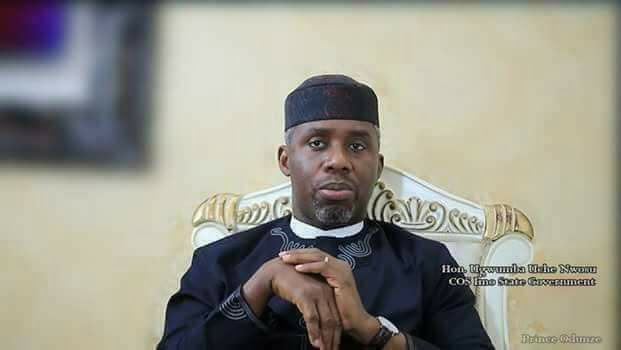The United Kingdom Court of Appeal has scheduled June 22 to hear an appeal by the family of the leader of the Indigenous People of Biafra, IPOB, Nnamdi Kanu over his continued detention by the Nigerian Government.
Kanu’s UK family lawyer, Shirin Marker of Bindmans LLP, confirmed the date while noting that there is no “clear and principled policy around protecting British citizens mistreated abroad.”
In a statement Marker signed and circulated, Kanu’s Special Counsel, Aloy Ejimakor, said Kanu’s case will set an important precedent on “whether the British government has the right to avoid making a decision on whether a British citizen is subject to fundamental breaches of international law, in spite of overwhelming evidence of violations of their rights.”
The statement titled “Why Nnamdi Kanu’s case matters to every British citizen travelling abroad” reads partly: “According to the Office for National Statistics, UK residents make around 19.1 million visits abroad each year.
“Most of these residents will be British citizens with passports declaring to authorities of other states that the Queen, and so now the new King, ‘requests and requires… all those whom it may concern to allow the bearer to pass freely without let or hindrance and to afford the bearer such assistance and protection as may be necessary.’ And most will assume that if they are denied such assistance and protection abroad, and worse still, are seriously harmed, then the UK government will step in to assist them. After all, the most basic function of any state is to protect its own citizens.
“Nnamdi Kanu’s case, which is awaiting a hearing in the UK’s Court of Appeal on June 22 this year, is set to put each of these assumptions to the test. That is because, if the High Court was right to reject his family’s judicial review claim earlier this year, the UK government has what amounts to a right to remain indifferent and passive when British citizens’ rights are grossly abused abroad.
“Indeed, that right would mean the government can avoid ever making a decision about what has happened or is happening to its citizens when they are abroad and desperately seeking its help.
“The facts of the case are stark. Mr Kanu is a beloved husband and father to family in the UK. He is also a leader of the Indigenous People of Biafra (IPOB), a group that calls for self-determination of Biafra Land. And crucially, he is also a British citizen, who has been subject to the most serious human rights violations, including being detained for two years in Nigeria in an intelligence agency facility in conditions that amount to torture. As a British citizen, he travelled with the same expectations of protection by the British state as any other British citizen who may be mistreated abroad, however, unlikely that may be. Unfortunately for Mr Kanu, such protection has been conspicuously lacking.
“Perhaps surprisingly for many, the question for the court is not ‘what should the UK government do to help him?’. Instead, it is ‘should the UK government make its mind up about what has happened to him and then decide what to do?’ because, for over two years, the government has said it cannot, and will not, make those critical decisions.
“The Court of Appeal will hear Mr Kanu’s family’s appeal on June 22 2023. The case will set an important precedent on whether the British government has the right to avoid making a decision on whether a British citizen is subject to fundamental breaches of international law, in spite of overwhelming evidence of violations of their rights. Anyone travelling with a British Passport should look out for the ruling and hope that the court will firmly restate and apply the principles in Abassi so that they can be confident that their Government will properly consider what protection they need abroad, should such a need ever arise.”







2 Comments